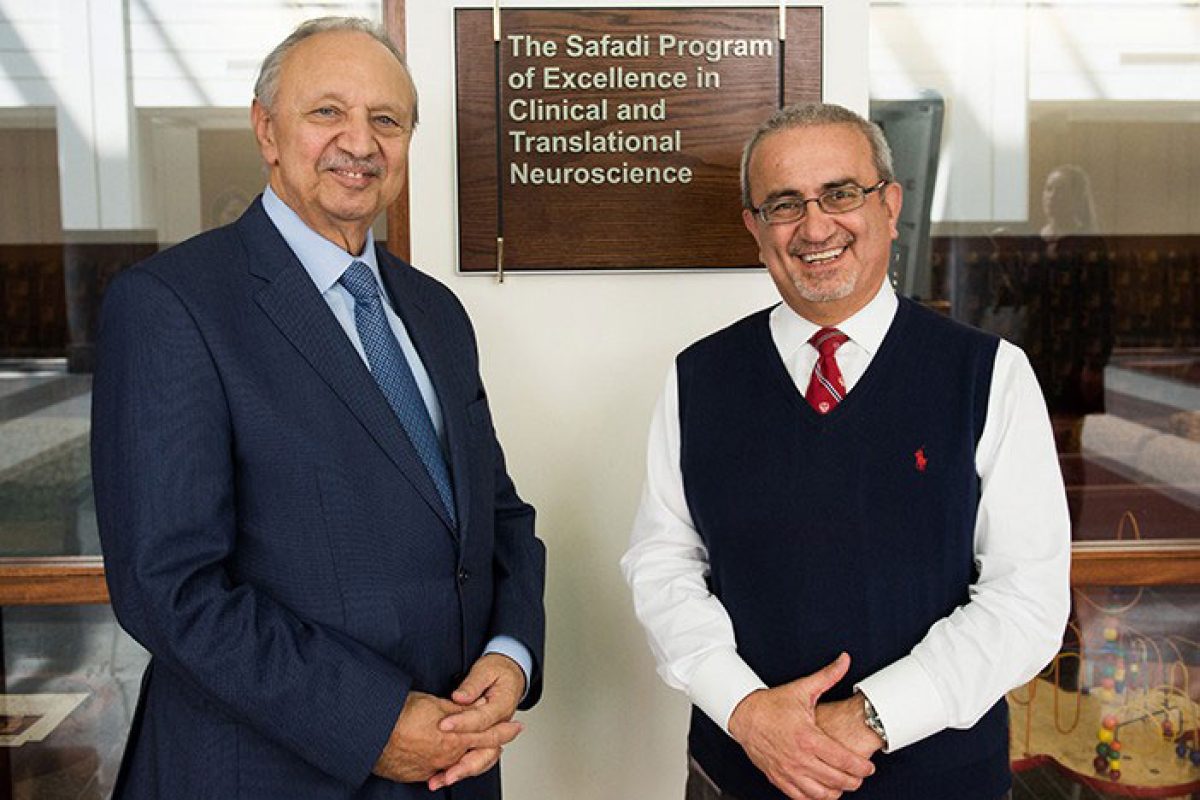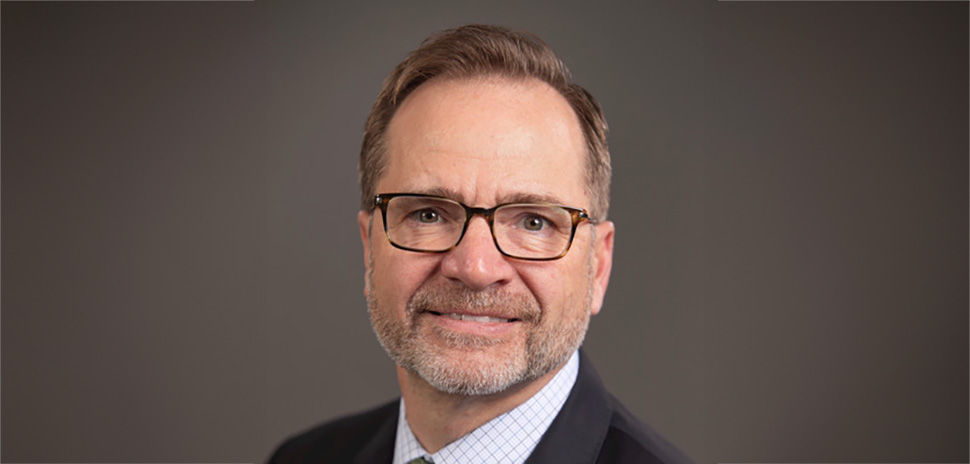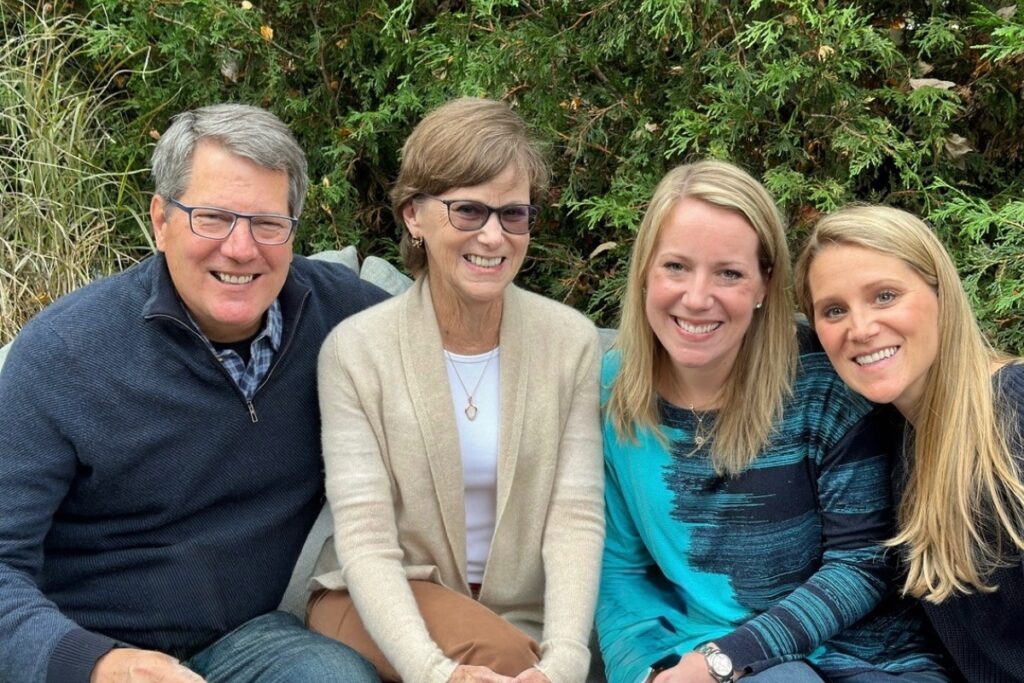Issam Awad, MD, director of neurovascular surgery at the University of Chicago Medicine, will lead a new program that melds the latest neuroscience research with clinical practice to improve care for patients with neurological diseases.
Awad will become director of the Safadi Program of Excellence in Clinical and Translational Neuroscience at the University of Chicago Medicine. He will oversee the program’s strategic direction and work with neurology and neurosurgery leadership to determine programmatic goals. This leadership team then will recruit a complementary group of physician-scientists to focus on key areas of expertise.
The program was created thanks to a $5 million donation from Mohammad Safadi, a Lebanese businessman, philanthropist, member of parliament and former cabinet minister who was first treated by Awad in 2012.
The Safadi Program will connect clinicians specializing in neurological diseases with researchers studying the biology of the nervous system to pioneer treatments in patient care. In addition, the program will encourage partnerships with groups across disciplines at the university — from Argonne National Laboratory to the Institute for Molecular Engineering to the Computation Institute.
“The sum of this program will be so much bigger than the parts. This is a catalyst for multidisciplinary integration,” said Awad, the John Harper Seeley Professor of Surgery. “When doctors and basic scientists work together, they open new avenues, generate new ideas, facilitate new treatments and make them more accessible to patients.”
Born in Tripoli, Lebanon, Safadi was first elected to Lebanon’s parliament in 2000. He has served in various ministerial capacities in the country, including a three-year stint as minister of finance, while also working on various international boards, committees and commissions. He is also a member of the John F. Kennedy School of Government Dean’s Council at Harvard University.
“I have been impressed by the advances that UChicago Medicine has attained in the field of neurology and neurosurgery,” Safadi said. “And I wanted to contribute toward the excellence I witnessed.”
Awad treated Safadi for a neurological condition five years ago while in Lebanon. Safadi later came to UChicago Medicine for additional testing, met a team of physicians from various disciplines and learned about their research expertise. He said he was impressed by the seamless collaboration among different specialists and their commitment to innovation and discovery. He toured the then-under construction Center for Care and Discovery, and envisioned the transformative potential of the new space, allowing teams to rethink their work flow and interactions.
“Little did he know how much he would need us,” Awad said.
A year later, Safadi returned to Chicago for several procedures involving team members from multiple specialties. In 2014, he underwent successful surgery for a rare and complex condition, leveraging Awad’s unique expertise. After a complete recovery, Safadi has resumed unfettered business, philanthropic and political activities in Lebanon and abroad. He initially donated $500,000 for a translational fellowship in Awad’s laboratory, which has enabled a number of scientists to learn and apply new research tools outside their original fields of training. He also started exploring possible models with Awad and the school’s leadership to incentivize and foster more of the type of collaboration that enabled his care.
The Safadi Program gift will fund research pilot grants to propel early-stage translational research aimed at enhancing multidisciplinary collaboration in the neurosciences; launch an annual lecture series to bring world leaders in the neurosciences to Chicago to foster the dissemination of related research; and support recruitments of neurology and neurosurgery faculty contributing to the translational mission.




